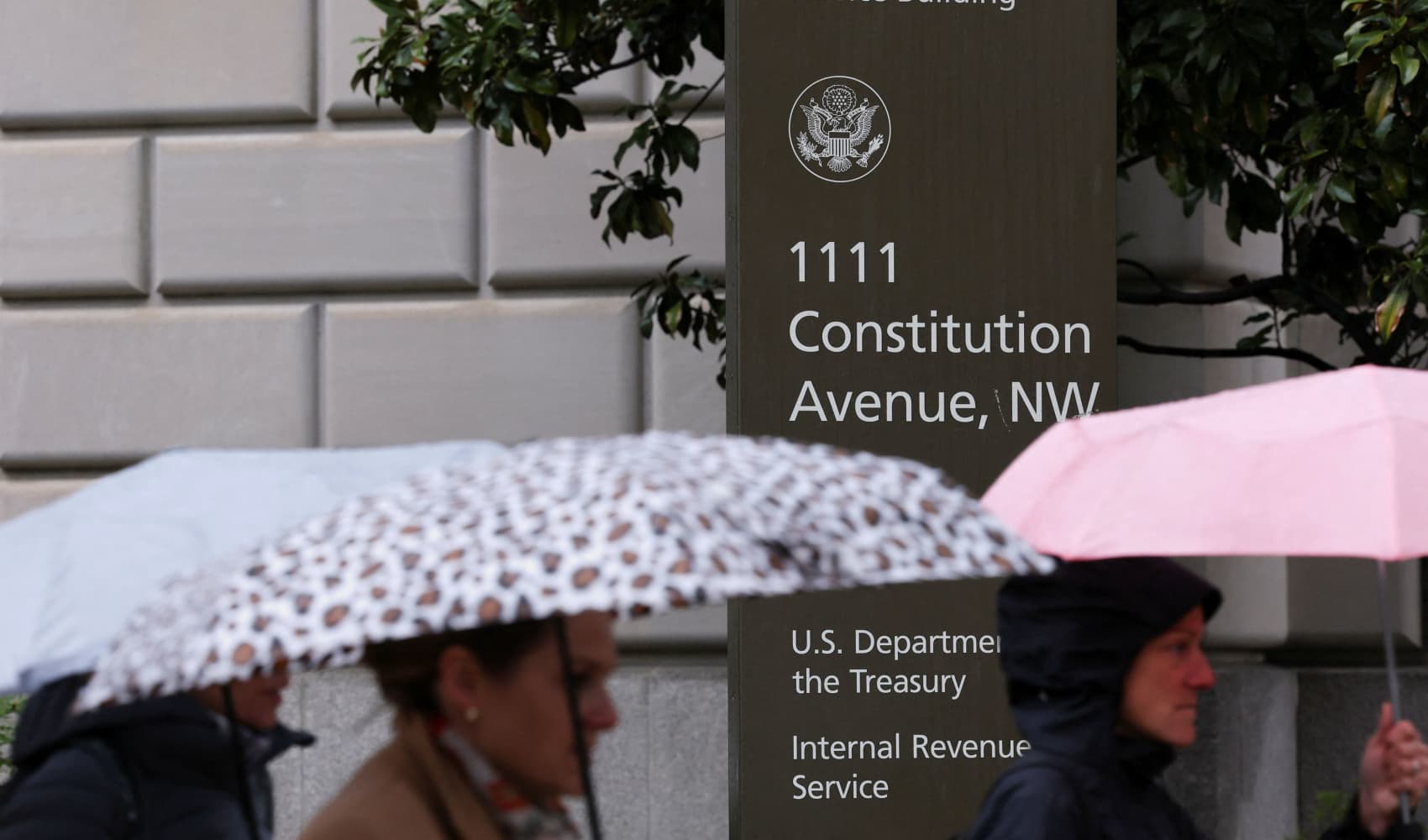IRS "Zombie"? What Staffing Cuts Mean for Your Taxes
IRS in Crisis? Tax Attorneys Say Agency Has Become a "Zombie"
Introduction: The IRS Apocalypse?
Picture this: the Internal Revenue Service, the behemoth responsible for collecting trillions of dollars in taxes, is facing a severe manpower shortage. Tax attorneys are raising alarms, claiming the IRS has become a "zombie" agency, staggering under the weight of budget cuts and staff attrition. What does this mean for you, especially if you're a high-net-worth individual? Let's dive in and explore this evolving tax landscape.
The Great Exodus: IRS Staffing Shortages
The narrative is simple: the IRS is losing employees at an alarming rate. With projections estimating a nearly one-third reduction in staff through attrition and buyouts, the agency's ability to function efficiently is being called into question. How can an agency with fewer employees possibly handle the complex tax filings of wealthy individuals and corporations?
The $80 Billion Infusion: Was it enough?
Remember the fanfare surrounding the $80 billion in new funding allocated to the IRS? While it sounded like a game-changer, the reality is far more nuanced. The initial intent was to modernize the agency and enhance its enforcement capabilities, especially targeting high-income taxpayers. But now, with the staff cuts, it's like pouring water into a bucket with a massive hole. Where is the money really going?
The High-Earner's Dilemma: Audit Risk Declining?
The most immediate consequence of the staffing shortages is a predicted decline in audits, particularly for high-income earners. Fewer agents translate to fewer reviews and less scrutiny of complex financial maneuvers. This creates a perceived upside for wealthy individuals, but it's a double-edged sword.
The Illusion of Safety: Is No Audit Good News?
While the prospect of avoiding an audit might seem appealing, the reality is more complex. Reduced oversight can create a false sense of security. Are you truly confident your tax strategies are bulletproof? Are you willing to risk potential future scrutiny when the IRS eventually rebuilds its capacity?
Beyond Audits: The IRS Service Decline
The impact extends beyond audits. Accountants and tax lawyers are reporting that the IRS is increasingly struggling to provide timely decisions and process paperwork. This is a major problem for anyone seeking guidance or resolution on complex tax issues.
Navigating the Bureaucratic Maze: Getting Help is Harder
Imagine trying to navigate the labyrinthine tax code without adequate support from the IRS. Getting answers to your questions, resolving disputes, or obtaining necessary documentation could become a frustrating and time-consuming ordeal. Are you prepared for the increased administrative burden?
Wesley Stanovsek: A Dream Hire Deferred?
The anecdote about Wesley Stanovsek, a "dream hire" for the IRS in 2024, highlights the challenges the agency faces. While the IRS aims to attract tech-savvy professionals to deconstruct complex tax returns, the current environment of uncertainty and staff reductions may deter talented individuals from joining the agency.
The Future of IRS Enforcement: A Tech-Driven Approach?
The original plan hinged on leveraging technology to improve enforcement. Think AI-powered fraud detection and sophisticated data analysis. But without adequate staffing to manage and interpret the data, the technology becomes less effective. Can technology truly replace human expertise?
Tax Planning in the "Zombie" Era: A New Approach?
Given the changing landscape, how should you approach tax planning? The old strategies may no longer be sufficient. It's time to re-evaluate your approach and consider new strategies to navigate the IRS's limitations.
The Importance of Proactive Compliance: More Than Ever
With reduced audits, it might be tempting to take risks. However, proactive compliance is more critical than ever. Ensure your tax strategies are solid, well-documented, and fully compliant with the law. A stitch in time saves nine, especially when the IRS eventually rebounds.
The Role of Tax Professionals: Your Shield in the Storm
In this uncertain environment, the expertise of qualified tax professionals becomes invaluable. A skilled tax attorney or CPA can provide guidance, navigate the complexities of the tax code, and represent you in any dealings with the IRS.
Finding the Right Advisor: Experience and Expertise Matter
Not all tax professionals are created equal. Look for someone with extensive experience in dealing with high-net-worth individuals and complex tax issues. Seek referrals and do your due diligence before entrusting your financial future to someone.
The Long-Term Implications: What's Next for the IRS?
The current crisis raises fundamental questions about the future of the IRS. Will the agency be able to recover its enforcement capacity? Will the focus shift towards simpler tax strategies? The answers remain uncertain.
The Political Football: The IRS as a Battleground
The IRS has often been a political football, subject to the whims of changing administrations and congressional priorities. This instability makes it difficult for the agency to plan for the future and maintain a consistent approach to enforcement. Can we find a way to depoliticize the IRS and ensure its long-term stability?
Conclusion: Navigating the Shifting Sands of Taxation
The IRS is undeniably facing challenges. Staffing shortages, budget constraints, and evolving technology are all reshaping the tax landscape. While reduced audits might seem appealing in the short term, it's crucial to remain proactive, compliant, and seek expert guidance. The "zombie" IRS may be slow, but it's not dead. Prepare for the future, because the taxman cometh... eventually.
Frequently Asked Questions (FAQs)
Here are some frequently asked questions to help you navigate the current tax landscape:
Q: Will I definitely not be audited if I'm wealthy?
A: Not necessarily. While the odds of an audit may be lower due to staffing shortages, it doesn't eliminate the risk entirely. The IRS may still target certain high-risk areas or individuals. Moreover, audits can happen years after you file your taxes, so be sure to keep thorough records.
Q: How can I protect myself from future IRS scrutiny?
A: Proactive compliance is key. Maintain accurate records, ensure your tax strategies are well-documented and compliant with the law, and seek guidance from a qualified tax professional. Document everything!
Q: What if I need to resolve a tax issue with the IRS?
A: Be prepared for potential delays. Gather all relevant documentation, be patient, and consider engaging a tax attorney or CPA to represent you. Their expertise can help you navigate the bureaucratic process more effectively.
Q: Is the IRS getting rid of all its employees?
A: No, the IRS is not getting rid of all its employees. However, projections estimate a significant reduction in staff due to attrition, retirements, and buyouts. They are still hiring and actively working to improve processes.
Q: Does this mean I don't need to file my taxes?
A: Absolutely not! You are still legally obligated to file your taxes accurately and on time. Failure to do so can result in penalties, even in the current environment. Reducing or skipping filing your taxes is NEVER recommended.

